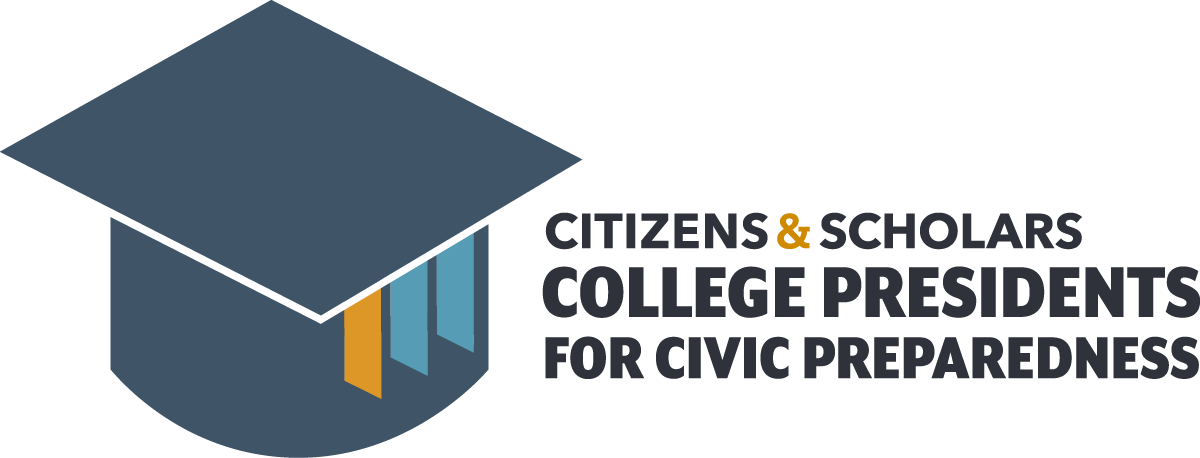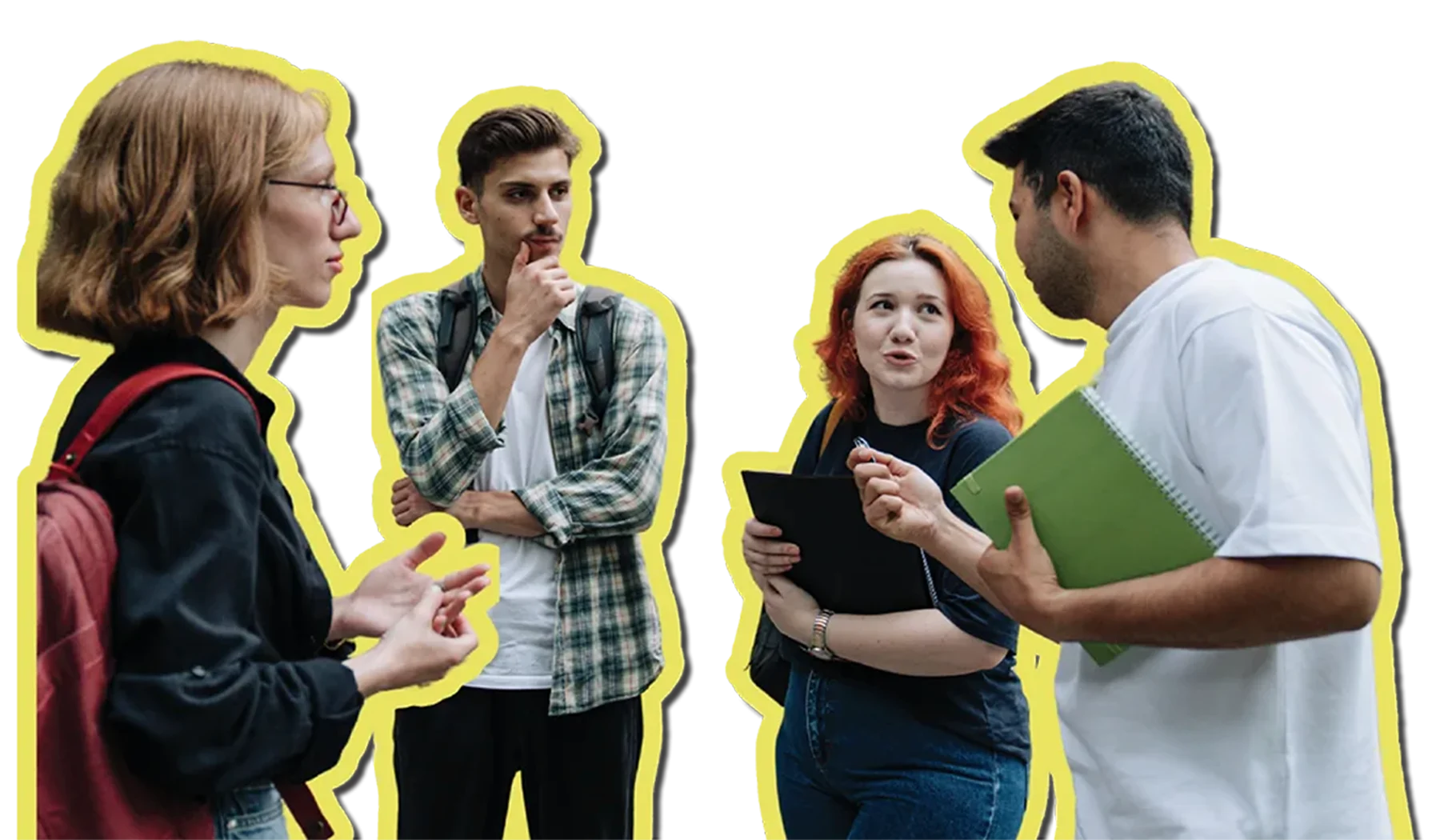
The Challenge
On today’s campuses, many students are encountering diversity for the first time on a tangible, personal, daily basis. It’s a critical time when they need to develop the skills, habits, practices, and norms to live in a multicultural and interconnected democracy. However, amidst these opportunities for civic preparation, students are struggling with mental health challenges, lack civic knowledge and skills, and are afraid to share their viewpoints.
College Presidents for Civic Preparedness Can Help
Crafted by experts in constructive dialogue and bridge building, Dialogue in Practice (working title) is currently under development. This tech-driven program focuses on civic readiness, equipping students with the norms and habits of free expression, critical thinking, and collaborative problem-solving. It aims to prepare them to shape campus cultures that value open inquiry and civil discourse.
Dialogue in Practice — Learning to Talk Across Difference
College campuses have long been spaces where young people encounter new ideas and perspectives — and sometimes, deep disagreement. In today’s climate, those conversations can quickly turn tense or unproductive. This interactive module is an experiment in how technology might help students practice the art of dialogue.
What It Is
The module uses an AI conversation model to simulate dialogue across differences, which gives students the chance to navigate complex, real-world topics with virtual peers in a guided and low-stakes environment. The model invites curiosity, reflection, and respectful disagreement rather than consensus.
It’s currently being tested with a small group of colleges in the College Presidents for Civic Preparedness coalition.
Why We’re Exploring It
This project is part of a broader effort to understand how new tools, including artificial intelligence, might support civic learning and belonging on campus. Rather than replacing human interaction, the module helps surface how students engage with differing viewpoints, how empathy is built, and what skills contribute to healthy dialogue.
What’s Next
This pilot phase runs through fall 2025. During this time, our team is gathering insights from students and faculty partners to refine the model and assess its potential impact. We’re listening, adjusting, and sharing what we learn as we go.
Interested in Learning More?
Drop us an email at membership@collegepresidents.org.


